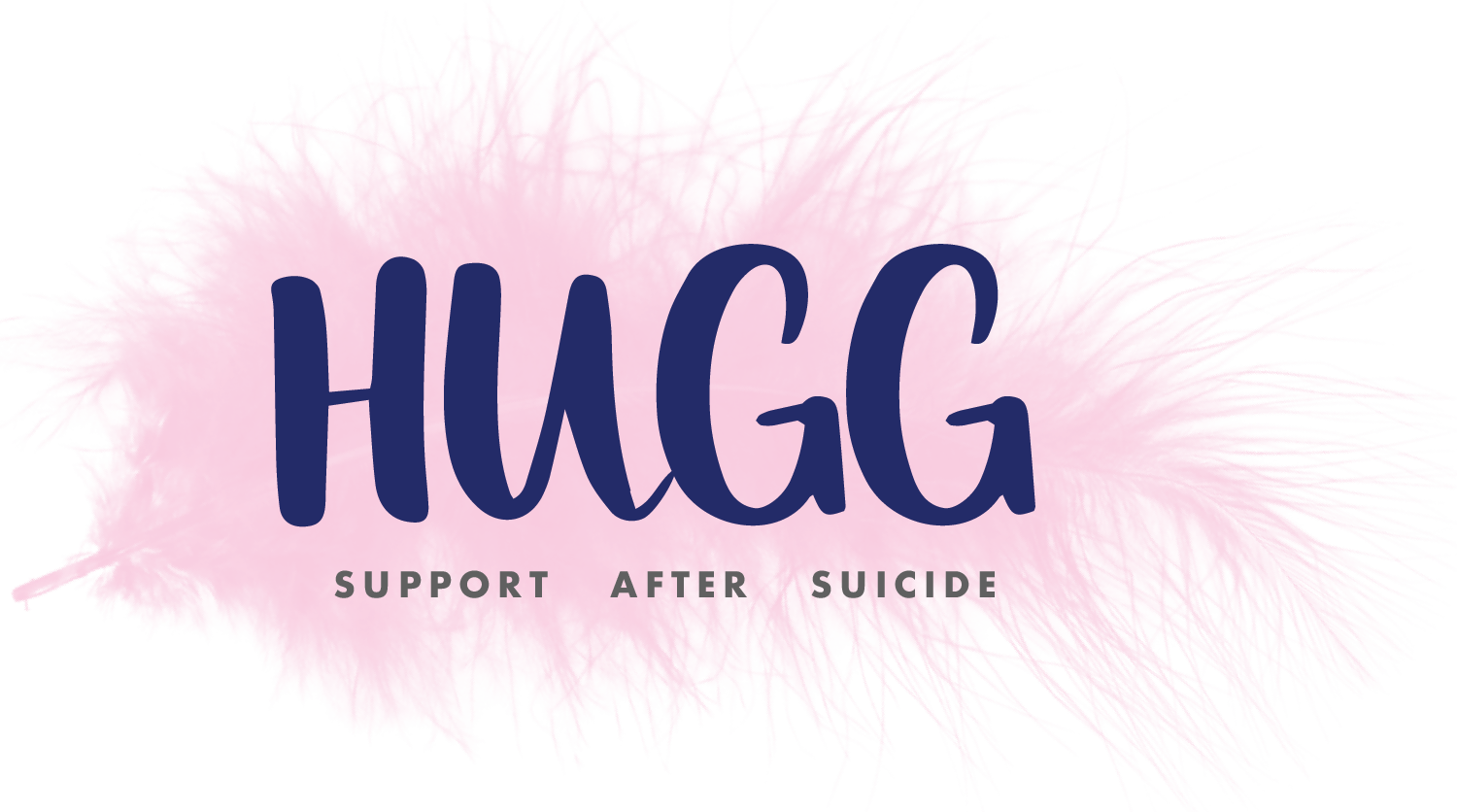Self-Compassion Through Letter Writing
From HUGG CEO and Founder Fiona Tuomey
During the Christmas season letter writing features large. So, I have a challenge for you – write yourself a self-compassionate letter.
Firstly, what is self-compassion? Dr. Kristin Neff, a pioneer in the field, describes it as the intersection of mindfulness, kindness, and common humanity:
Mindfulness: Recognising and labelling emotions without being overwhelmed by them.
Kindness: The ability to treat yourself with gentleness, especially during times of hardship.
Common Humanity: Acknowledging that suffering is a shared human experience, affirming that you are not alone in your struggles.
Self-compassion exercises can be transformative tools for healing, especially when you are grappling with the profound grief and guilt that often accompanies losing a loved one to suicide. One such exercise, self-compassionate letter writing, fosters emotional processing and self-kindness during the turbulent journey of bereavement.
Writing a self-compassionate letter can gently challenge negative self-talk and feelings by offering an alternative narrative—one that acknowledges pain while emphasizing understanding and forgiveness.
So, I invite you to write a letter to yourself from the perspective of a wise, compassionate friend or mentor. For those of us mourning a loss by suicide, feelings of self-blame, regret, and isolation are common. A key practice in self-compassion is to change the way you talk to yourself.
Ask yourself ‘’What would your best friend say to you in this situation?”

Begin by finding a quiet place where you won’t be disturbed. Get a pen and paper and think about one particular negative emotion or self-judgment which you carry. Now write it down.
Name and notice what you have written. Reflect on it without getting overwhelmed. Consider how many others may have experienced something similar. Remind yourself that your suffering is part of a shared human experience by other people who have also lost their loved ones to suicide.
Now reflect on how a kind friend would respond to what you have written.
Next, write three brief paragraphs about it in a letter to yourself, imagining what a supportive friend might say, that shows compassion, focusing on understanding and acceptance. The tone should be warm, empathetic, and non-judgmental, recognizing the complexity of grief and the limitations of human foresight. Phrases such as “You did the best you could with what you knew at the time,” can help alleviate self-criticism.
Keep the letter and take it out and read what you have written when you notice an increased volume from your inner critic. This practice helps reduce rumination, increase optimism, and quiet the inner critic. Over time, practicing self-compassion strengthens resilience and helps you shift from reactive to more thoughtful responses.
When you are bereaved by suicide, letter writing can be particularly effective in fostering emotional resilience, reframing your perspective, and rebuilding a sense of connection with yourself. This simple yet profound exercise provides a safe space to grieve and nurture self-kindness, offering solace in the face of unimaginable loss.
*More information on self-compassion can be found at www.self-compassion.org





